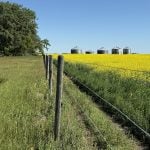
Producers face the reality of shifting grain price expectations

Visit to Ag in Motion reveals agriculture’s economic clout

European wheat production makes big recovery
European Union does not compete directly with Canadian growers but is still an influential market player
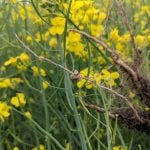
Going beyond “Resistant” on crop seed labels
Variety resistance is getting more specific on crop disease pathogens, but that information must be conveyed in a way that actually helps producers make rotation decisions.
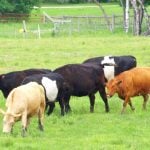
Advance payment changes urged
Administrators say federal government needs to build more trust into the Advance Payment Program
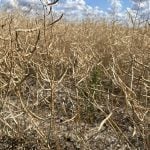
Crop insurance’s ability to help producers has its limitations

Bond market seen as crop price threat
A market analyst says the global bond market is on the verge of collapse, which would be bad for agriculture commodities

AgriStability changes coming for 2025, 2026
Agriculture ministers met virtually July 17 to discuss AgriStability and internal and international trade

ICE Weekly: Canola trade choppy, makes weekly gains
Weather, strong loonie fail to prevent canola’s rise
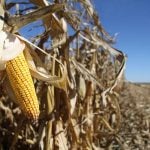
Food vs. fuel debate simmers in the background
Report estimates 27 per cent of cereal production will be diverted into biofuel production and other uses in next five years



